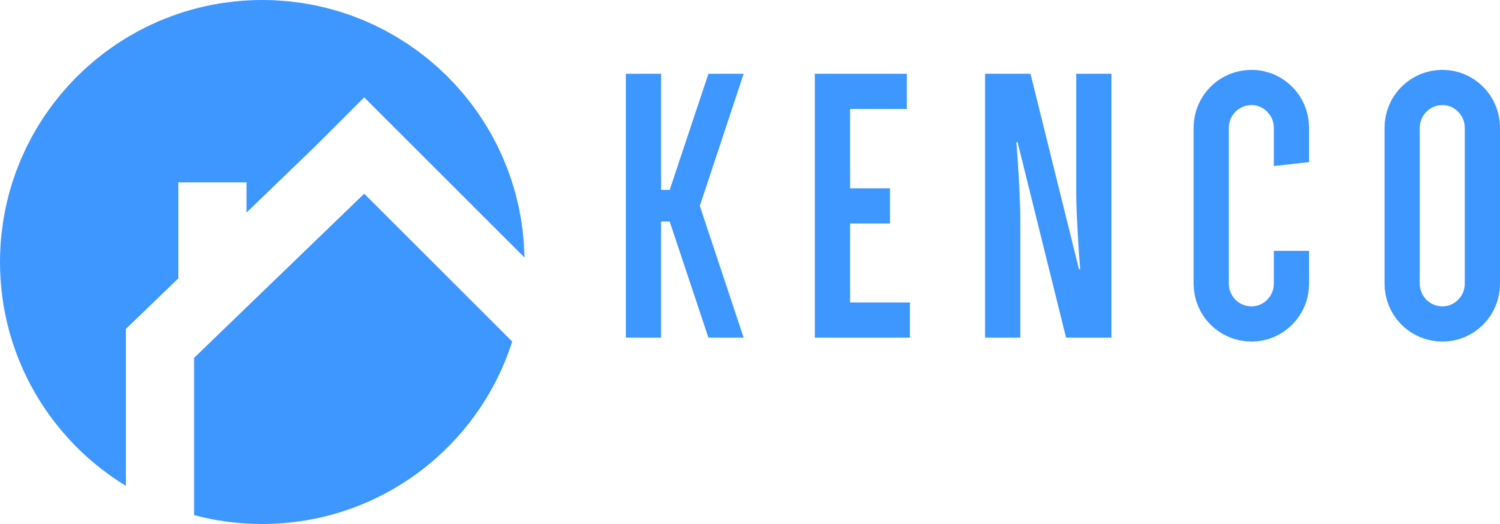What to Do If Your Home Has Mold
Mold can feel like a homeowner’s worst nightmare. When dealing with home problems, mold ranks high on the list of issues not to ignore. After all, mold can cause serious health problems if left unresolved.
Not all mold requires the same level of intervention. The EPA offers guidelines on how to best handle mold growth in homes. If you suspect your home has mold or if you’ve experienced water damage, schedule a mold inspection to understand the extent of the damage.
Kenco Home Inspections offers mold inspections for residential and commercial properties in Southeast Florida.
What Causes Mold Growth?
Mold growth can occur from many different circumstances, but mold grows in moisture. Typically, water intrusion or damage leads to mold growth.
Water Damage – This is the most common reason we receive calls for mold inspections. Water damage often leads to moisture buildup in the air, allowing mold spores to grow.
Excessive Humidity Levels - High humidity levels are a leading cause of mold growth. Moisture from leaks, plumbing problems, roofing defects, and other sources can lead to mold growth.
Improper Ventilation - Poor ventilation allows mold to thrive. Improper construction techniques impact ventilation. For example, inadequate attic insulation, poorly sealed windows, and improperly installed vents can contribute to poor ventilation.
Improper Cleaning Practices - Not cleaning properly after flooding or other water-related disasters can cause mold growth.
Inadequate Maintenance - Over time, inadequate maintenance can also lead to mold growth. For example, failing to have a furnace serviced regularly can increase the risk of mold growth.
How Does Mold Spread?
Molds thrive in moist environments. The mold feeds off decaying organic matter containing nutrients, including food waste, dead plants, animal droppings, and other indoor items. Molds reproduce quickly and produce spores that float through the air. These spores attach themselves to surfaces and project into the air, where people inhale the mold spores into their lungs.
How Can I Prevent Mold from Spreading?
Mold prevention starts with proper home maintenance. Take steps to prevent excess moisture from building up inside your home.
Clean gutters regularly to keep them free of debris
Check your roof for signs of leakage
Seal windows and doors
Keep drains clean and clear of clogs
Check for leaks in sinks, showers, tubs, and toilets
After natural disasters or flooding, remove the excess water and dry the space quickly. Then, implement mold remediation strategies to stop mold growth. Monitor for proper moisture levels and mold growth in the area to ensure a problem does not occur.
How to Manage Mold Growth in a Home
If you find mold growing in your home, it’s essential to act fast. You don’t want to wait until mold begins to spread because this could pose a danger to your family’s health.
According to the EPA, if you only have a small mold area, 10 square feet or less, you may choose to clean up the mold yourself. In this case, the first step is to repair the source of the water damage. Otherwise, the mold will simply return.
Wear the recommended safety equipment and use approved cleaning protocols and products when cleaning the mold. Mold causes damage to the surfaces where it grows. Therefore, you may need to discard items covered in mold or hire a restoration professional experienced with mold cleanup and removal.
For areas larger than 10 square feet or if mold growth impacts your home’s HVAC system, hire a mold cleanup and remediation professional. Your family’s health and the condition of your home depend on proper removal and restoration.
Manage Mold Growth Accurately
No homeowner wants to hear their home suffers from mold growth. Yet, with the right interventions, you can restore the health of your home.
At Kenco Home Inspections, we help homeowners understand the current condition of their homes. We offer ancillary inspections to dig deeper into specific issues or areas of the house, including mold inspections.
Contact us today with questions or to schedule a mold inspection.
